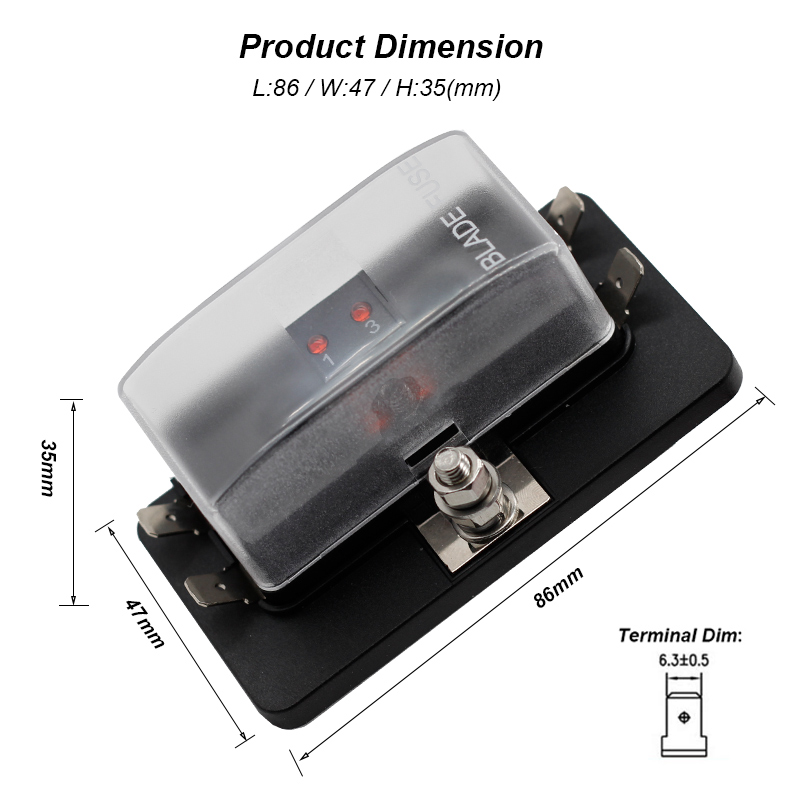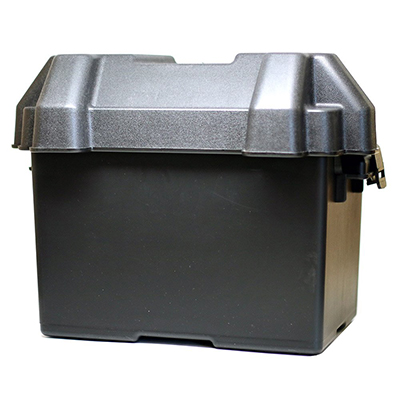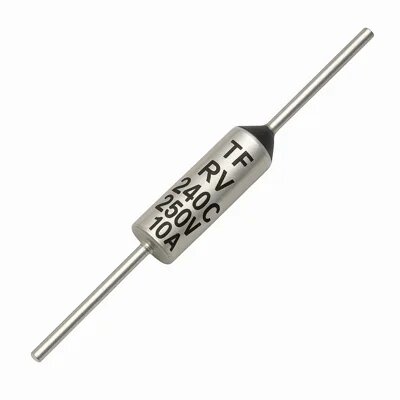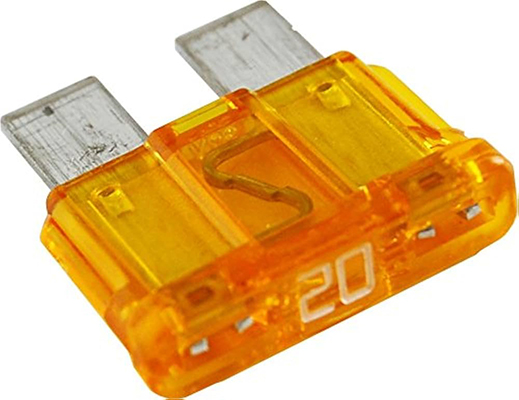Fuse Box for ABS Modules and Vehicle Braking Systems
News 2025-10-20
The fuse box plays a critical role in safeguarding ABS modules and vehicle braking systems by protecting electrical circuits from overloads and short circuits. In modern vehicles, ABS systems rely on precise electronic controls to prevent wheel lockup during braking, enhancing safety and control. A well-designed fuse box ensures that any electrical faults do not compromise the braking system’s integrity, potentially averting accidents. By integrating fuses that respond quickly to excessive current, the fuse box maintains the reliability of components like sensors, valves, and control units in the ABS setup. This protection is essential in various driving conditions, from urban traffic to high-speed highways, where consistent braking performance can be life-saving.

Core Components and Operations
Fuses within the box are typically made from materials that melt at specific current thresholds, interrupting the circuit to prevent damage. Key components include blade-type or mini fuses, each rated for particular amperages to match the ABS module’s requirements. Operationally, these fuses offer rapid response times, often within milliseconds, which is crucial for maintaining system stability during fault conditions. Performance advantages include enhanced durability against environmental factors like vibration and temperature fluctuations, ensuring long-term functionality. This setup not only protects against electrical failures but also supports efficient energy management, reducing the risk of false activations in braking systems.
Diverse Application Scenarios
Fuse boxes for ABS modules find extensive use across different vehicle types, from compact cars to heavy-duty trucks. In passenger vehicles, they safeguard advanced braking technologies in emergency situations, such as sudden stops on slippery roads. For commercial fleets, these components ensure uninterrupted operation in demanding environments, like construction sites or long-haul transport, where reliability is paramount. Performance benefits include improved fault isolation, allowing mechanics to diagnose issues quickly without affecting the entire system. This adaptability enhances overall vehicle safety and compliance with regulatory standards, making fuse boxes indispensable in evolving automotive designs.
Frequently Asked Questions
1. What is the primary function of a fuse box in ABS systems?
It protects circuits by breaking the connection during overcurrent events, preventing damage to sensitive components.
2. How does a fuse box improve braking system performance?
By providing fast and reliable circuit protection, it ensures consistent operation and reduces downtime from electrical failures.
3. What maintenance is needed for fuse boxes in vehicle braking systems?
Regular visual inspections and fuse replacements as needed help maintain optimal performance and safety.


